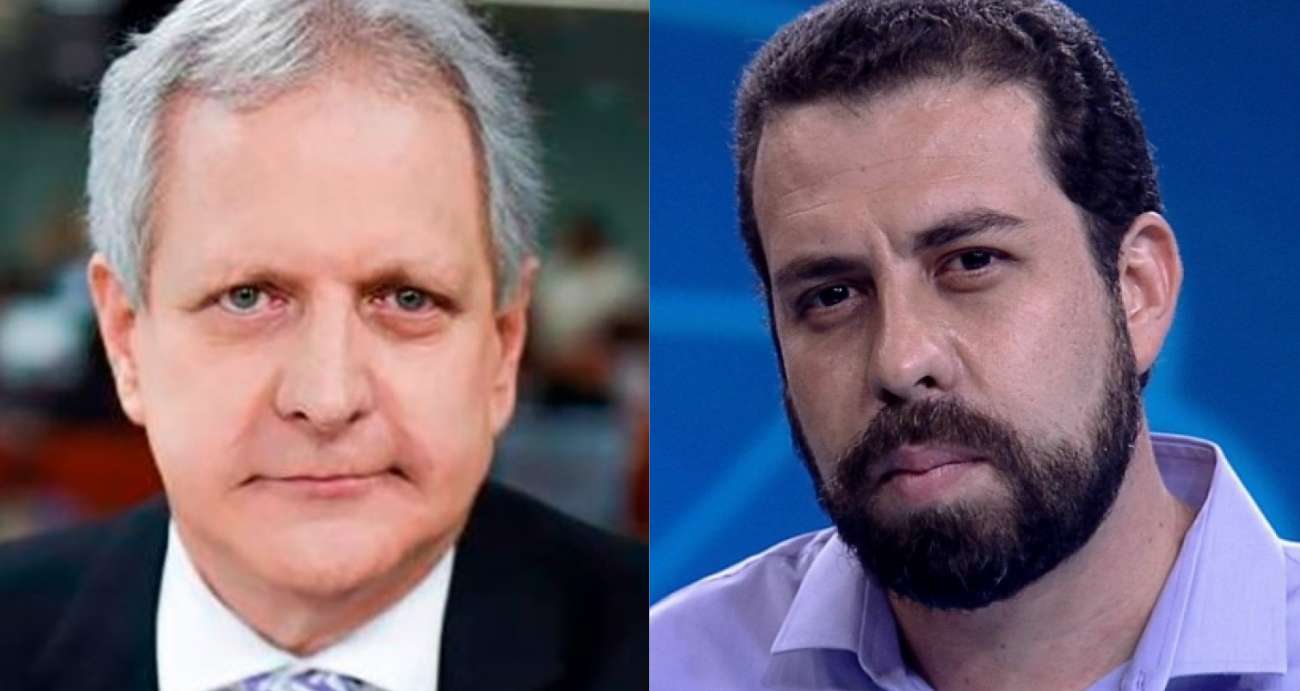A new Datafolha poll shows leftist Guilherme Boulos leading in São Paulo’s mayoral race with 32% support. The current Mayor, Ricardo Nunes, has 24%.
Other contenders like Tábata Amaral and Kim Kataguiri have 11% and 8%, respectively. Vinicius Poit got 2%.
About 18% plan to vote blank or null and 5% are undecided. The survey covered 1,092 voters and had a 3% error margin.
In an open-ended survey, Boulos also came out on top with 8%. Nunes got 4%, and Kataguiri 1%.
Two percent favor a Workers’ Party (PT) candidate for the city, which now supports Boulos. A high 72% have no preferred candidate, and 7% would vote blank or null.

As the election nears, Nunes and Boulos are actively seeking support. The race seems to be mostly between them.
Boulos has the backing of former President Lula and the Workers’ Party.
Nunes is seeking an endorsement from former President Jair Bolsonaro to strengthen his right-wing stance.
In 2020, Boulos got 20.24% of the votes but lost in the second round. Nunes was a less-known vice mayor then.
He took charge in 2021 after Mayor Bruno Covas died and aims to raise his profile.
Bolsonaro and Governor Tarcísio de Freitas support Nunes. Valdemar Costa Neto, Liberal Party President, is eyeing Marta Suplicy as a possible running mate for Nunes.
Suplicy was a São Paulo Mayor from 2001-2004 and later moved away from the left wing.
The São Paulo mayoral election has often been a litmus test for national politics in Brazil. The city is the country’s largest and most diverse voter base.
In the past, its electoral outcomes have set the stage for presidential and other major elections.
Notably, both Boulos and Nunes represent contrasting ideologies. Boulos is seen as a progressive, while Nunes is considered more conservative.
Their rivalry in this election reflects the broader political polarization in Brazil, echoing debates that go beyond city governance and resonate at a national level.

